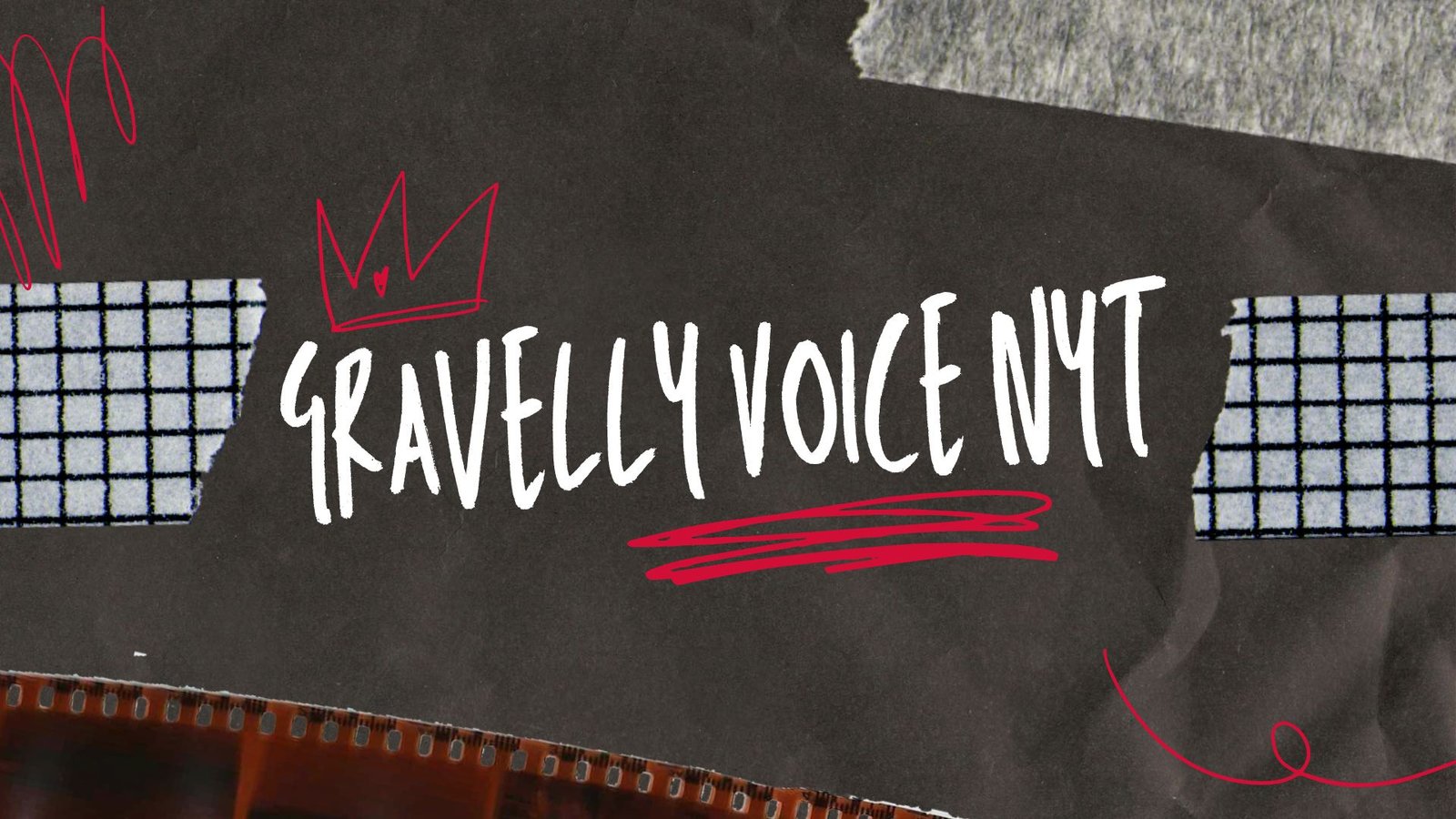Photo by National Cancer Institute on Unsplash
Adoption agencies play a crucial role in domestic infant adoption. They help families navigate the complex process of adopting a newborn. Many prospective parents wonder how to start this journey.
What steps are involved in finding a suitable agency? This blog will explore the responsibilities of adoption agencies and their benefits. These agencies provide support, resources, and guidance throughout the experience.
They ensure that birth parents and adoptive families feel supported. Knowing their role can help you make informed decisions when you decide to adopt a newborn. Let’s dive in.
Responsibilities of Adoption Agencies
Adoption agencies have various responsibilities, but their main role is to ease the adoption process. They work with birth parents and adoptive families.
It is to ensure that the adoption is successful and in the best interest of the child. Some of their key responsibilities include:
Conducting Home Studies
One of the critical responsibilities of adoption agencies is conducting home studies. A home study is a detailed assessment. It helps ensure that a prospective adoptive family is ready to welcome a newborn.
This process involves interviews, background checks, and home visits by a social worker. The goal is to check the family’s living situation and understand their ability to care for a child.
During this process, families learn how to give a newborn up for adoption as they prepare to adopt. Home studies provide families the chance to ask questions. They can also express any concerns before bringing a baby into their home.
Matching Birth Parents With Adoptive Families
Another essential function of adoption agencies is matching birth parents with adoptive families. This process involves considering the needs and preferences of both parties to ensure a good fit. Birth parents often have specific wishes, which can include aspects such as:
- family’s lifestyle
- family’s values
Adoption agencies take the time to understand these wishes and then look for adoptive families who align with them. This thoughtful matching process helps create a nurturing environment for the child. It supports the birth parents and the adopted family during this emotional transition.
Providing Education and Resources
Adoption agencies also play a role in providing education and resources to birth parents and adoptive families. They offer guidance on various topics, such as:
- adoption process
- parenting tips
- emotional support
For birth parents considering their options, agencies provide information on how to give a baby up for adoption and the implications of that choice. For adoptive families, resources may include:
- training sessions
- support groups
- access to legal advice
Managing Legal Documentation
Managing legal documentation is a crucial aspect of what adoption agencies do. They ensure paperwork is completed correctly to follow state and federal laws. It includes:
- drafting adoption agreements
- securing consent from birth parents
- filing required petitions with the court
Agencies guide families through the often complex legal landscape. It eases concerns about the process. They make it easier for families to focus on preparing to welcome their child.
This support is essential to a smooth adoption process. It provides peace of mind for everyone involved.
Benefits of Working With Adoption Agencies
Adopting a child is a life event that requires careful planning and support. Here are some benefits of working with adoption agencies:
Expertise and Experience
Adoption agencies like Gulf Coast Adoptions bring expertise and experience to the adoption process. Their staff often consists of trained professionals. These individuals understand the legal, emotional, and practical aspects of adoption.
This experience allows them to guide families through each stage, from initial inquiries to finalizing the adoption. They are knowledgeable about local laws and regulations. It helps ensure that everything is done correctly and efficiently.
Their expertise means they can address any concerns. It may arise and help families feel confident in their decisions.
They can offer insights based on past experiences, preparing families for what to expect. This guidance helps them navigate any challenges along the way.
Supportive Environment
Creating a supportive environment is essential for birth parents and adoptive families. Adoption agencies strive to foster a nurturing space where individuals can share their feelings and concerns without judgment. They provide:
- emotional support
- counseling
- peer connections
They foster peer connections to help everyone feel understood. These agencies encourage open dialogue and sharing of experiences. It can reduce feelings of isolation.
This supportive atmosphere allows birth parents to feel comfortable making the right choices for their children. Adoptive families can connect with others on a similar journey. It leads to a healthier adoption experience for everyone involved.
Access to Resources
Adoption agencies provide vital access to a range of resources that benefit birth parents and adoptive families. These resources can include:
- informative brochures
- online materials
Workshops that explain the adoption process in simple terms are also available. By offering training sessions, agencies equip families with useful parenting skills and tips for raising a child. They also connect families with support groups where they can share experiences and advice.
Birth parents receive resources that help them understand their options and rights. This wealth of information empowers all parties to make informed decisions. Access to these resources helps create a more positive adoption experience for everyone.
Protection of Rights
Adoption agencies play a vital role in protecting the rights of everyone involved in the adoption process. They ensure that birth parents are fully informed about their rights when placing a child for adoption. It includes:
- understanding the process
- the potential outcomes
- their ability to change their minds
For adoptive families, agencies help clarify their legal rights about the child they are adopting. This protection is crucial for ensuring that all parties feel secure and respected throughout the journey.
By advocating for these rights, agencies build trust between birth parents and adoptive families. A clear understanding of everyone’s rights leads to a smoother, more positive adoption experience.
Learn More About Domestic Infant Adoption
Adoption agencies play an important role in domestic infant adoption. They support both birth parents and adoptive families. Their expertise helps families navigate through the process.
Agencies ensure that everyone understands their rights and responsibilities. With guidance and resources, families can make informed choices. This support is vital for a smooth transition.
Adoption agencies create a nurturing environment for all involved. They help build safe and loving homes for children.




